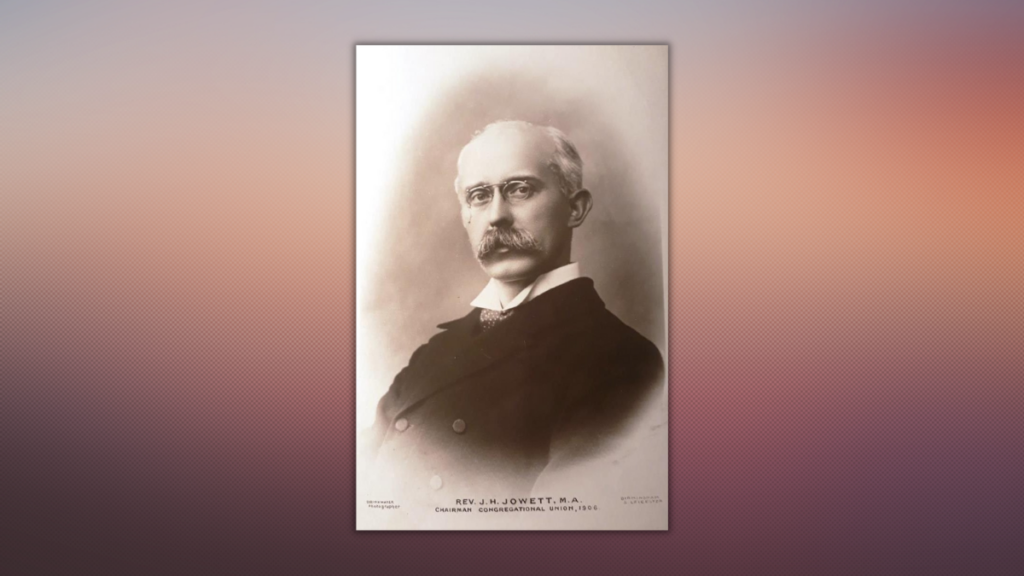While at Samford University in Birmingham last week for the Baptist World Alliance Annual Gathering (see stories here and here), BWA president Tomás Mackey shared his concern about the state of disciple making among Baptists worldwide.
“Disciples live for Jesus every day, everywhere … but we are experiencing a lack of relevant training of disciples,” he said. “Bible studies are good but that’s not enough. We need to produce better products to train disciples. … We Baptists should be salt and light … illuminating Christ to create … a better world to leave for the next generation.”
As Mackey continued, my mind wandered a bit. Where had I heard this before? Ah, yes, about 20 miles northeast of campus in the halls and sanctuary of NorthPark Baptist Church in Trussville.
Disciple making
Pastor Bill Wilks and Executive Pastor Stephen Hall faithfully and consistently emphasize the importance of discipleship, disciple making, serving our communities and moving beyond the walls of the church with the gospel.
You’ve seen Wilks’ disciple-making resource “D-Life” promoted in The Alabama Baptist for years, and most recently his book “The Greater Work: Disciple-Making. Anytime. Anywhere.” has made an appearance.
Life Bible Study, an imprint of Iron Stream Media based in Birmingham, produces D-Life and other disciple-making materials.
Also providing resources is the Alabama Baptist State Board of Missions through the work done in the office of Sunday School and discipleship under the leadership of state missionary Daniel Edmonds. Edmonds works with partners throughout the state and nation to help churches grow their members in this area — as does Lifeway Christian Resources through its product line.
The weakening of our Christian disciple population can’t be because of a lack of tools. Plenty of options are available and easily accessible.
Years-long concern
In fact, we may have too much, which could cause us to spend more time researching rather than diving into the Word. If we aren’t careful years could pass without much growth.
Looking back nearly a decade, disciple making was one of the key challenge areas identified by a group appointed in 2014 by the North American Mission Board to study the decline in baptisms among Southern Baptists.
The NAMB group said pastors need to “create a disciple-making culture” within their churches. In 2016, NAMB appointed a task force to focus on how churches can make that happen and appointed Tennessee pastor Robby Gallaty as chair.
“Biblical disciple making includes both inviting — evangelism — and investing — discipleship. We cannot have one without the other,” Gallaty said. “For years we have been ‘decisionistic,’ but we need to be more ‘disciplistic.’”
In Alabama Baptist life, longtime evangelism leader Sammy Gilbreath describes evangelism and discipleship as two wings of the same plane.
Working diligently
And in 2018, Gallaty summarized the recommendations from the task force’s two years of research as “increase Bible engagement for church members; examine the connection between salvation decisions and group involvement; and examine the number of groups that multiply on a regular basis.”
I’m not sure how the last two suggestions played out, but I do know pastors and ministry leaders work diligently to encourage believers in Bible engagement.
Gallaty even developed his own line of resources — Replicate Ministries and disciple making podcasts — to add to existing options. Still, here we are in 2022 having the same discussions.
In fact, NAMB president Kevin Ezell shared with us last week how NAMB plans to recruit pastors across the nation to help promote evangelism efforts within our churches and to train Southern Baptists in evangelism.
But like the discipleship resources, we’ve had access to evangelism resources within our denominational circles for decades. I personally remember participating in the FAITH evangelism training materials produced by Lifeway back in the 1990s and several other options leading up to the more recent 3 Circles and Who’s Your One? promoted by NAMB.
It makes sense branding and methods shift with each generation, even as the message stays the same, but why do we need to spend so much effort to convince our members of the need?
What if the money spent trying to capture our attention and market products could be used to fill the specific needs of congregations exploding with a hunger and commitment to grow in the Lord? What if we were so busy loving our neighbors and sharing our faith we didn’t have time to continually look for new themes and emphasis efforts hoping to motivate a few more church members each year?






Share with others: